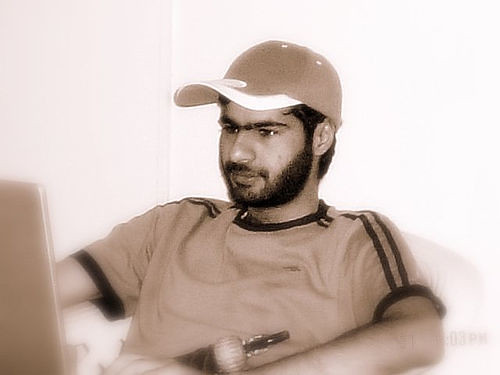When Bahrain abolished much of its expatriate sponsorship system this summer, the move sparked an avalanche of protests from the business community. Executives complained that the move would destroy their businesses and turn employees against them.
“They said there would be chaos in the market,” says Majeed al Alawi, the labour minister. “But cheap labour distorts the whole labour market. We want to ensure the human rights and contractual rights for expatriates are respected.”
In other Gulf countries, sponsorship, or kafala, gives employers scope to exploit foreign workers. Because they are dependent on obtaining consent before travelling, changing jobs, or being joined by their families, employers have leverage over them.
Expatriate workers dominate most high and low skilled labour markets in the Gulf. Bahrain has calculated that freeing its labour market will give it a competitive advantage. If foreign employees can switch jobs, they may move to better conditions or demand better salaries,reducing the salary gap between Bahraini and foreign nationals.
Labour reforms, which also extend unemployment benefit to Bahraini citizens, are part of the Bahrain’s Economic Development Board‘s plan to overhaul the labour and education systems. Fees for work permits for foreigners have been increased to BD200 ($533), and sponsors now pay a BD10 monthly fee for each expatriate worker.
Officials hope increasing the cost of foreign workers will induce employers to hire nationals. The policy, experts say, may be emulated by other Gulf states, where governments have focused on quota systems, which are open to abuse.
Periodic unrest in Bahrain is often galvanized by unemployment and under-employment among young Bahrainis, particularly from its Shia majority.
But the government says the plan should yield opportunities for all. Government efforts have reduced unemployment, with the official rate falling from 16 per cent six years ago to around 4 per cent.
But young Bahrainis are hard to please, business owners say. They show up for work for few days but then leave and go back to protest to the labour ministry. Many shun manual work and expect cushy government jobs.
“The private sector considers Bahrainis to be undisciplined, untrained and demanding,” says Mr Alawi. “Young people say salaries are too low, there is no future or benefit.”
Tamkeen, a BD66m ($175m) fund set up two years ago, supports vocational training and career development for Bahrainis. By offering loans to qualifying small and mid-size businesses that can pay up to 50 per cent of start-up costs for equipment, the fund subsidises companies that gradually replace foreign workers. It also retrains Bahrainis for the job market. It has helped as many as 5,600 companies in two years, officials say.
“We want Bahrain to be the first choice of employment,” says Nazar al Baharna, chairman of Tamkeen. “Raising the productivity should broaden the middle class and fill gaps in the business sector.”
Official statistics show that 460,352 foreign workers were employed until the second quarter, amounting to roughly 77 per cent of the labour force.
But at the end of the day, salaries drive the system. Bahrainis say they cannot afford to live with the low wages businesses pay foreign workers. Also jobs in the tourism industry are not welcome because they may mean serving alcohol.
Bahrainis, particularly from the Shia community, remain skeptical and suggest that factors unrelated to their skills are the real cause of unemployment.
“Shia are still second-class citizens,” says Ali Abdel Imam, political activist and blogger. He cites the scholarships and job positions, which he says favour Sunni candidates over Shia. In a job application to be an army nurse, his sister was required to specify her religious sect. She never heard back, he says.
“The gang that controls the decision-making is sectarian, that is the problem,” he says.
